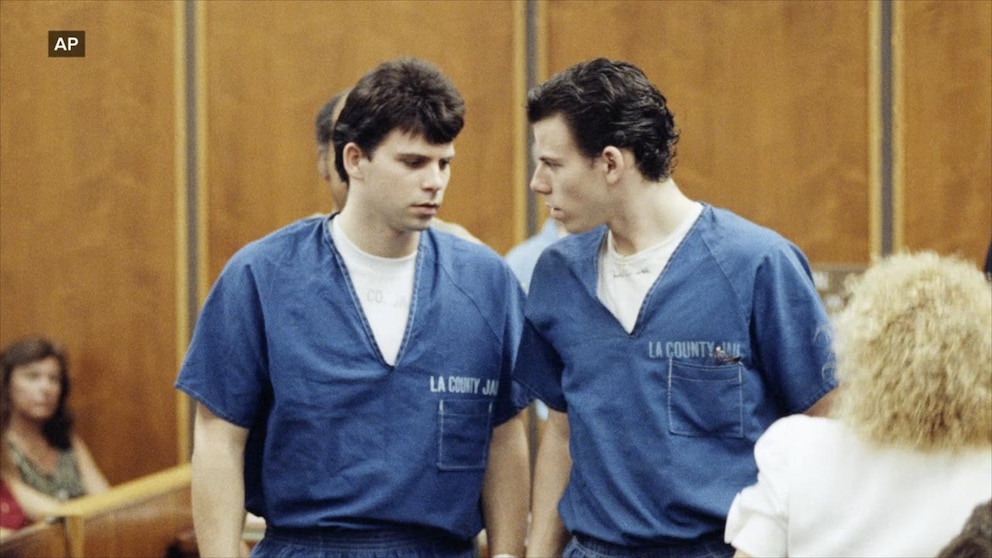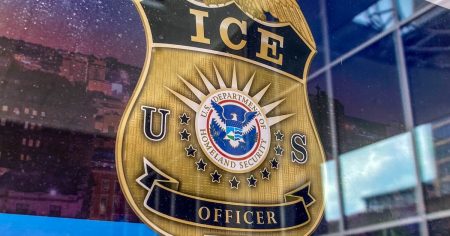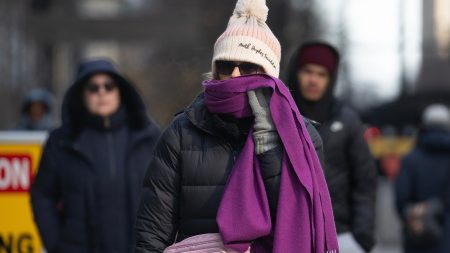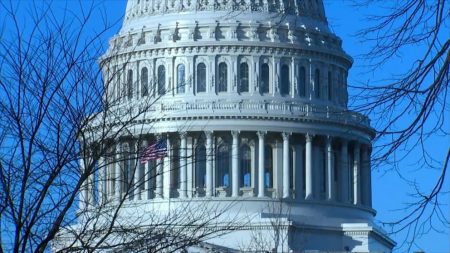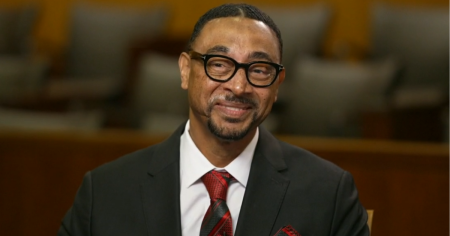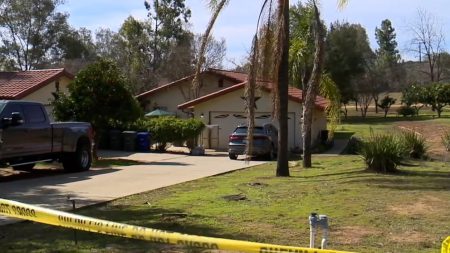Introduction: The Ongoing Legal Saga of the Menendez Brothers
The Menendez brothers, Lyle and Erik, have been at the center of one of the most infamous murder cases in American history. Their trial for the brutal murders of their parents, Jose and Kitty Menendez, in 1989 captivated the nation due to the shocking nature of the crimes and the subsequent legal battles that followed. Decades later, the case continues to garner attention as the brothers attempt to challenge their convictions. In a recent development, Los Angeles County District Attorney Nathan Hochman has formally opposed the brothers’ habeas corpus petition, which seeks a new trial or the outright dismissal of the case. This article delves into the details of this legal maneuvering, the history of the case, and the potential implications of this ongoing saga.
The Menendez Brothers: A Grim Tale of Privilege and Violence
The Menendez brothers were born into a life of privilege, with their father, Jose, being a successful entertainment executive. However, their upbringing was far from idyllic. Both Lyle and Erik alleged that they suffered years of physical, emotional, and sexual abuse at the hands of their parents. These allegations would later become a central part of their defense. On August 20, 1989, the brothers’ simmering resentment boiled over when they shot and killed their parents in their Beverly Hills mansion. The crime scene was gruesome, with Kitty Menendez shot in the face and Jose Menendez shot in the back of the head. The brothers then went on a spending spree, using their parents’ money to fund a lavish lifestyle, which ultimately drew the attention of authorities.
The initial trial of the Menendez brothers in 1993 ended in a hung jury, but in 1996, they were retried and convicted of first-degree murder. The second trial was highly publicized, with the brothers’ defense team arguing that they had acted in self-defense due to the alleged abuse they suffered. Despite their claims, the jury found them guilty, and they were sentenced to life in prison without the possibility of parole. The case has since become a staple of true crime documentaries and podcasts, with many debating the fairness of their convictions and the mitigating circumstances of their upbringing.
A New Chapter: The Habeas Corpus Petition and the Quest for Justice
In recent years, the Menendez brothers have sought to challenge their convictions through various legal avenues. Their latest effort comes in the form of a habeas corpus petition, a legal filing that argues that their imprisonment is unlawful and seeks either a new trial or the outright dismissal of the charges against them. The petition is based on claims of new evidence and alleged prosecutorial misconduct during their original trials. The brothers’ legal team has argued that key evidence was withheld during the initial proceedings, which they claim could have swayed the jury in their favor.
The filing of this petition has sparked renewed debate about the fairness of the justice system and the treatment of defendants in high-profile cases. Supporters of the brothers argue that their troubled upbringing and the alleged abuse they suffered should have been given more weight during their trials. They also point to what they describe as inconsistencies in the prosecution’s case and the potential for juror misconduct. On the other hand, proponents of the original verdict argue that the brothers’ actions were premeditated and that their claims of abuse do not justify the brutal murder of their parents.
The District Attorney’s Stance: Upholding the Convictions
Los Angeles County District Attorney Nathan Hochman has made it clear that his office will vigorously oppose the Menendez brothers’ habeas corpus petition. In a formal court filing, Hochman argued that the brothers have not presented sufficient new evidence to warrant a new trial or the dismissal of their convictions. The District Attorney’s office has maintained that the original trials were fair and that the evidence presented was more than sufficient to prove the brothers’ guilt beyond a reasonable doubt.
Hochman’s stance is consistent with the position taken by previous district attorneys in Los Angeles County, who have long maintained that justice was served with the conviction of the Menendez brothers. The District Attorney’s office has also highlighted the brutality of the crimes and the lack of any valid legal grounds for overturning the convictions. In essence, the prosecution argues that the brothers have exhausted all their legal avenues and that there is no compelling reason to revisit the case at this time.
The Broader Implications: Justice, Mercy, and the Legal System
The ongoing legal battle of the Menendez brothers raises important questions about the nature of justice and the role of the legal system in addressing crimes committed by individuals who have suffered trauma and abuse. While the brothers’ actions were undoubtedly heinous, their case has sparked a broader conversation about the factors that lead individuals to commit such crimes and whether these factors should influence sentencing and the potential for leniency.
The case also highlights the challenges of handling high-profile cases, where public opinion and media scrutiny can often influence perceptions of guilt and innocence. The Menendez brothers’ case has been the subject of numerous documentaries, books, and podcasts, each offering their own interpretation of the events and the motivations behind them. This level of attention ensures that the case will continue to be a subject of debate for years to come.
Conclusion: The Enduring Legacy of the Menendez Case
As the legal drama surrounding the Menendez brothers continues to unfold, it is clear that this case will remain a significant part of American true crime history. The brothers’ habeas corpus petition represents the latest chapter in their ongoing quest for a chance to overturn their convictions and potentially gain their freedom. While the District Attorney’s office has made it clear that it will oppose this effort, the case serves as a reminder of the complexities of the justice system and the enduring public fascination with stories of privilege, violence, and redemption.
Ultimately, the outcome of the Menendez brothers’ latest legal challenge will depend on the court’s interpretation of the evidence and the arguments presented by both sides. Regardless of the final decision, the case will continue to be a subject of intense scrutiny and debate, offering a sobering reminder of the devastating consequences of unchecked trauma and the limits of the legal system in addressing the root causes of violence.





